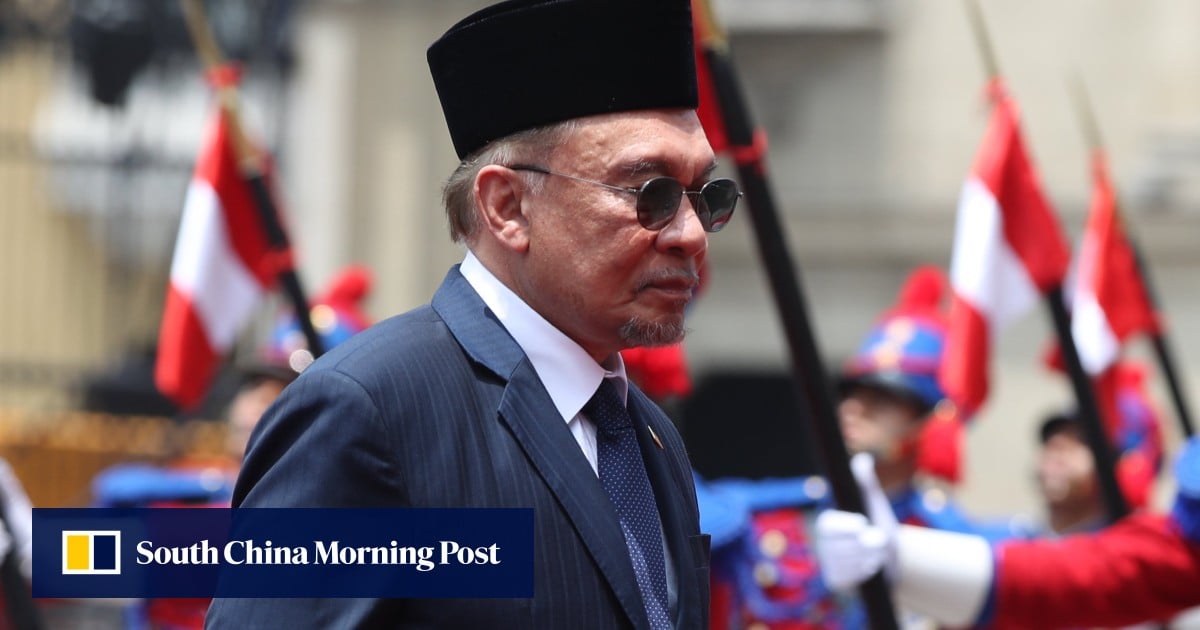German Chancellor Olaf Scholz and his Chinese counterpart, Xi Jinping, met on the sidelines of the G20 summit in Brazil on Tuesday.
The two leaders discussed the ties between their two major economies, as well as issues such as the war in Ukraine, with their countries supporting opposing sides in the conflict.
Olaf Scholz and Xi Jinping discuss China-Germany relations
"It is important that we ensure that a level playing field accompanies the economic activities of companies on all sides, that is central to the conditions for future work," the German chancellor told Xi.
The Chinese president reportedly urged the development of "strategic" and "long-term" ties between Berlin and Beijing, according to the Chinese state news agency Xinhua.
"China and Germany are both major countries with significant influence," Xi told Scholz.
German automakers have recently warned that tit-for-tat tariffs on electric vehicles from China and the EU could hit the German economy hard.
"It is hoped that Europe and China will resolve the issue of electric vehicles through dialogue and negotiation as soon as possible, and the German side is willing to make active efforts in this regard," Xi said, according to Xinhua.
Could new EU tariffs on Chinese cars backfire?
Scholz brings up Ukraine in talk with Xi
Despite the economic ties between Germany and China, the two countries stand in stark opposition regarding the Russian invasion of Ukraine.
While Germany has, like its NATO allies, sought to boost Kyiv economically and militarily to help it fend off Russian attacks, China has given its tacit support to the invasion, boosting its ties with Russia.
Scholz brought the issue up with the Chinese president, saying it is important to discuss issues such as "Russia's war of aggression in Ukraine or dangerous situations as we are seeing elsewhere in the world, such as the developments in the Middle East."
"Nobody should have to fear their neighbor — a central principle of the world peace that we are intensely committed to," Scholz told Xi.
ab/rt (Reuters, AFP)

 By Deutsche Welle (Asia) | Created at 2024-11-19 15:05:24 | Updated at 2024-11-22 05:27:41
2 days ago
By Deutsche Welle (Asia) | Created at 2024-11-19 15:05:24 | Updated at 2024-11-22 05:27:41
2 days ago








